Nobel Prize Day: Who received the very first Nobel Prizes in 1901?
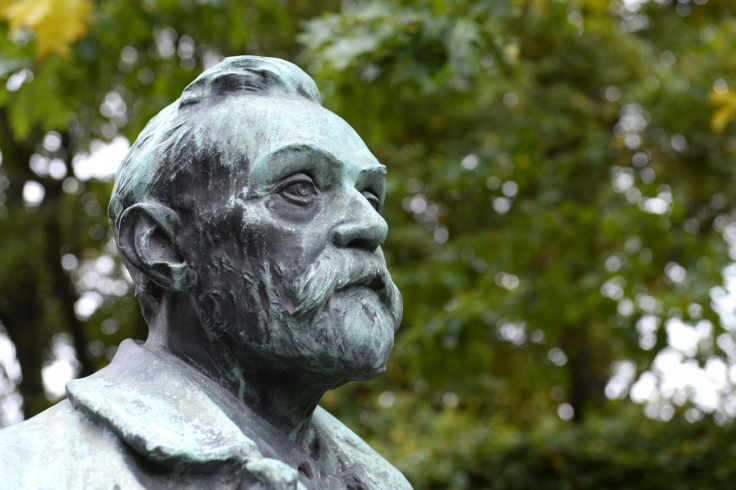
When Swedish chemist Alfred Nobel died on 10 December 1896, he left his fortune to individuals or organisations that provide the "greatest benefit on mankind". The very first awarding of five Nobel Prizes took place five years after his death in 1901 – and they remain some of the most prestigious awards in the world. On the anniversary of the first prize-giving ceremony, we look at who won the first Nobel Prizes.
Physics
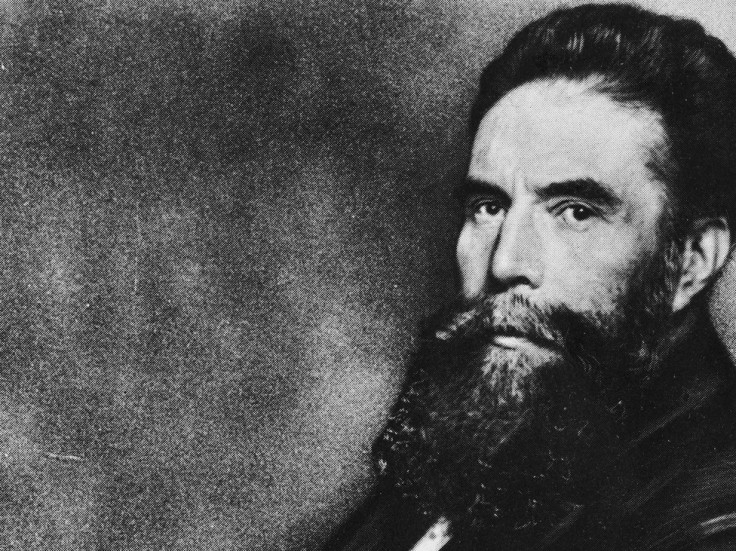
In November 1895, German physicist Wilhelm Conrad Rontgen produced and detected electromagnetic radiation in a wavelength range known as X-rays, or Rontgen rays, an achievement that earned him the very first Nobel prize in physics. In 2004, the International Union of Pure and Applied Chemistry named a radioactive element roentgenium after the scientist.
Chemistry
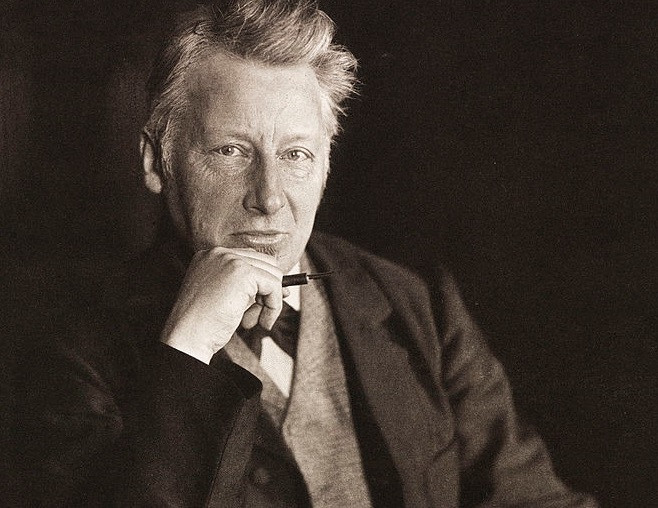
Dutch chemist Jacobus Henricus van't Hoff was awarded the first Nobel Prize in chemistry for his work on rates of chemical reaction, chemical equilibrium and osmotic pressure – the measure of the tendency of a solution to take in water by osmosis. His work defined the field of chemistry as we know it today.
Physiology/Medicine
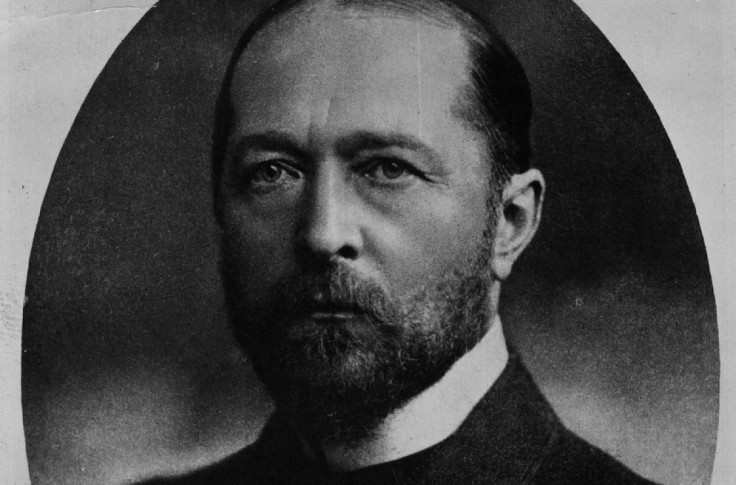
German physiologist Emil von Behring received the first Nobel Prize in physiology or medicine for his discovery of diphtheria antitoxin, used to prevent or treat against the potentially fatal bacterial infection. Von Behring was known as the "saviour of children" as diphtheria was a major cause of child death.
Literature
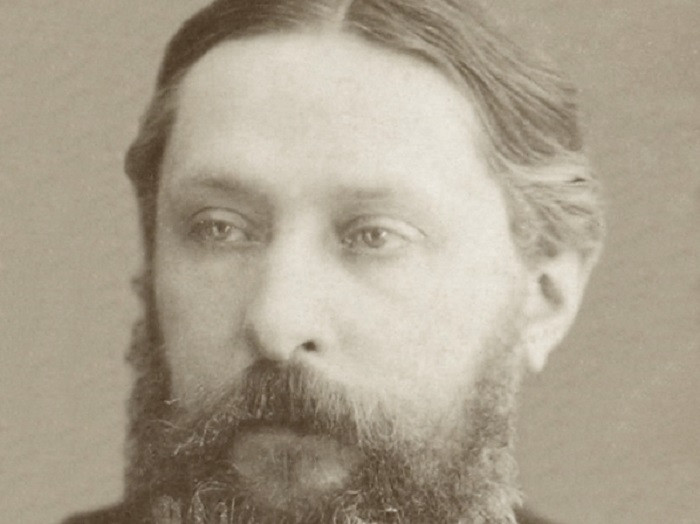
French poet Sully Prudhomme was awarded the first Nobel Prize in literature "in special recognition of his poetic composition, which gives evidence of lofty idealism, artistic perfection and a rare combination of the qualities of both heart and intellect".
Peace
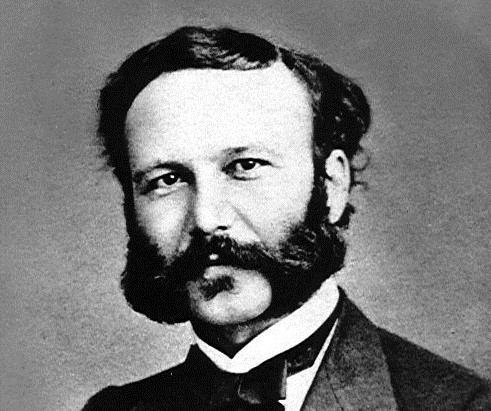
Henry Dunant and Frederic Passy were the first recipients of the Nobel Peace Prize. Swiss businessman Dunant was a witness to the battle at the town of Solferino in Italy in 1859. After organising humanitarian aid work, he wrote the book A Memory of Solferino, which stated all countries should form associations to help the sick and wounded on the battlefield – regardless of what side they belong to. The result was the foundation of the International Committee of the Red Cross in 1863 and the adoption of the Geneva Convention the following year.
As an economist and politician, Passy maintained that free trade between independent nations promoted peace. He founded the first French Peace Society and an independent leftist republican in the French Chamber of Deputies, he opposed France's colonial policy as it went against the ideals of free trade. Passy was also one of the founders of the Inter-Parliamentary Union, an organisation for co-operation between the elected representatives of different countries.
© Copyright IBTimes 2025. All rights reserved.





















